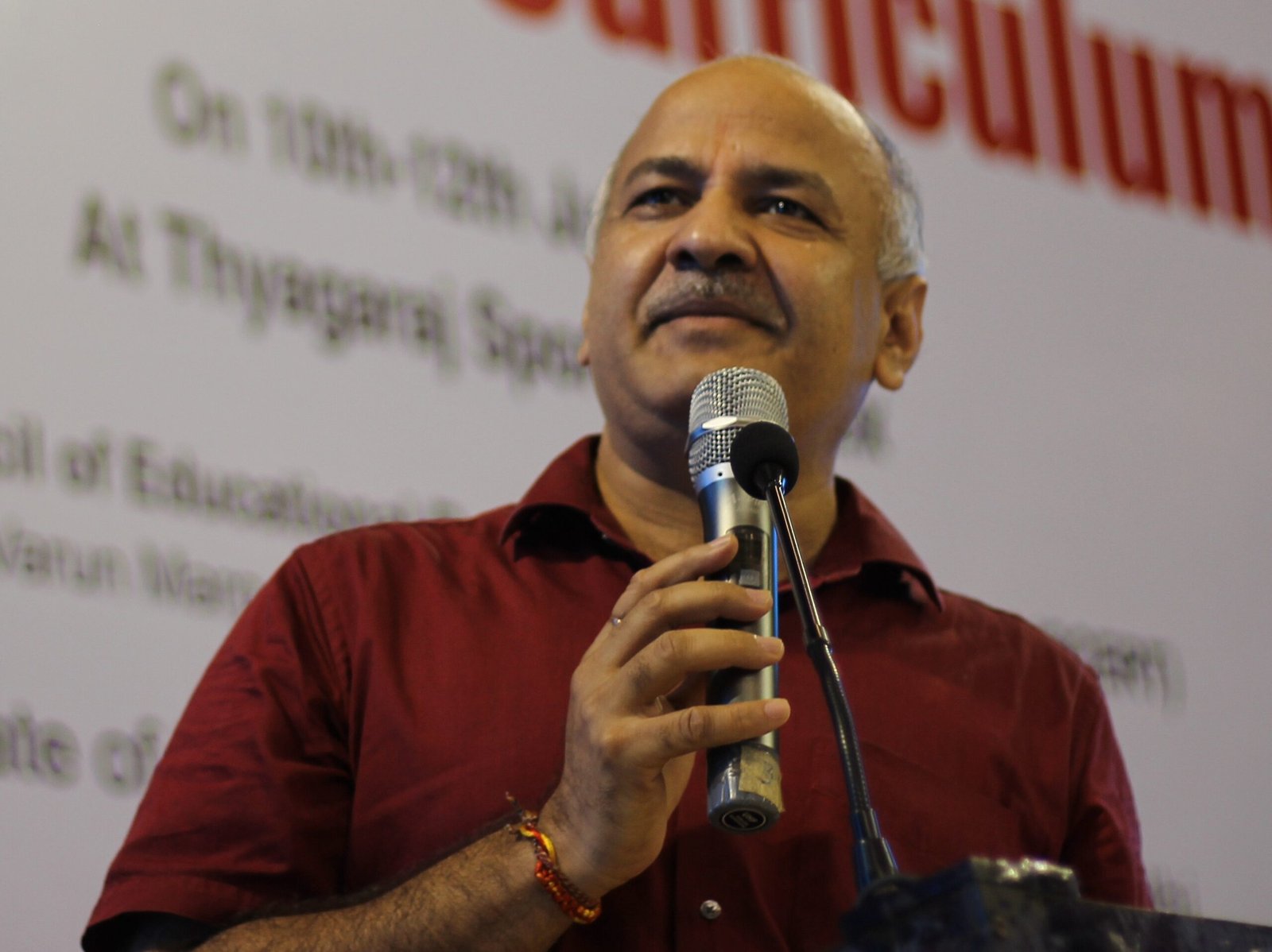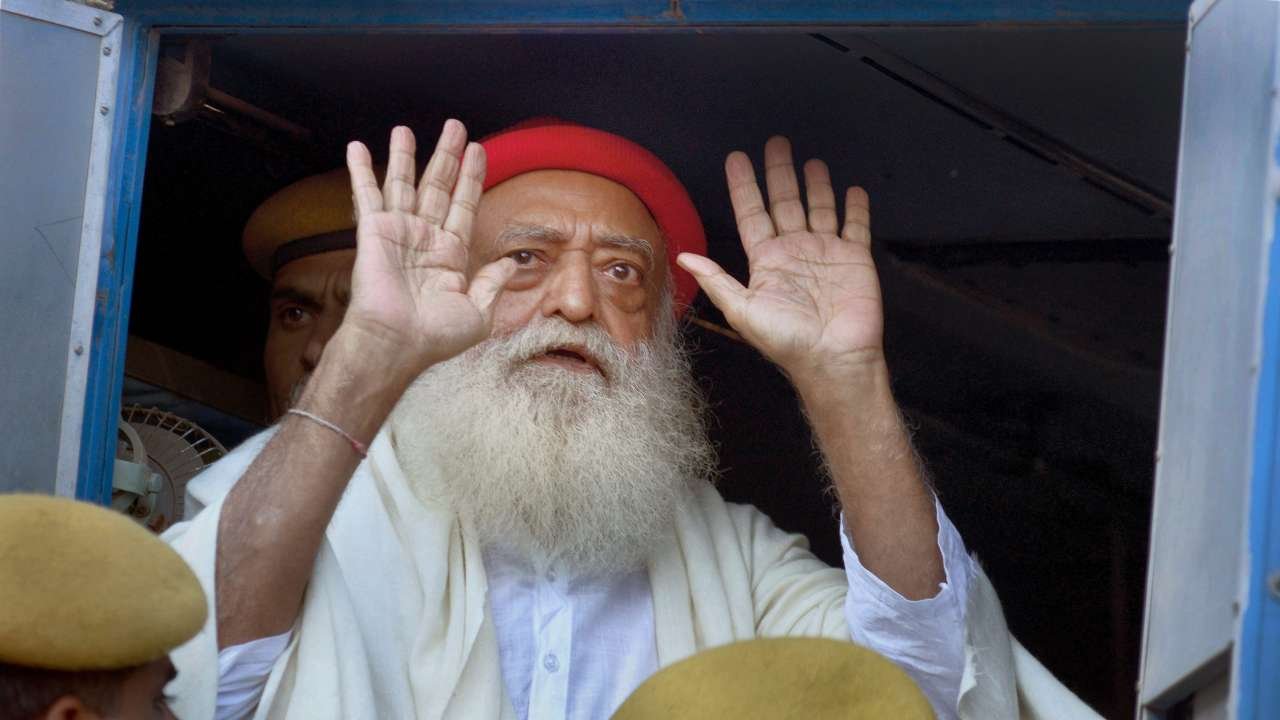Former Delhi Deputy Chief Minister Manish Sisodia, who is accused in the alleged Delhi excise policy case, argued in the Delhi High Court on Thursday that the Central Bureau of Investigation (CBI) has no evidence against him and that he is being unfairly targeted in order to keep him in custody.
Sisodia’s bail plea was presented by senior counsel Dayan Krishnan before Justice Dinesh Kumar Sharma. Krishnan highlighted that all defendants in the CBI case, except for Sisodia, had been granted bail.
He further stated that the CBI had no proof of Sisodia’s involvement in tampering with evidence. Sisodia claimed that the CBI relied solely on “self-serving statements” from bureaucrats.
Meanwhile, Senior Advocate Mohit Mathur, also representing Sisodia, stated that the figures cited by the CBI are merely on paper and that no money trail has been discovered.
“They make me the chief architect of this alleged conspiracy through Vijay Nair. But Vijay Nair was is arrested in September 2022 and released in November, even before the chargesheet is filed. I was only called for questioning for the second time in February 2023. So, all these allegations about my being capable of influencing the witnesses is totally wrong,” Mathur stated.
After the petitioner’s senior counsel concluded their arguments, further proceedings in the Delhi excise policy case were scheduled for Wednesday.
Additional Solicitor General (ASG) SV Raju is expected to present his arguments to the CBI on that day. During the hearing, Justice Sharma asked the ASG about the administration of the excise policy and suggested that the CBI may need to seek clarification from its investigating officer.
Manish Sisodia, along with other AAP members, was arrested by the Central Bureau of Investigation (CBI) on February 26 in connection with the liquor policy case. Subsequently, he was also arrested by the Enforcement Directorate (ED) on March 9.
The allegations against Sisodia and other AAP members are that they conspired to grant liquor licenses to certain merchants in exchange for bribes.
The central agencies claim that the excise policy was altered in a way that benefited particular merchants and that profit margins were changed in exchange for kickbacks.



